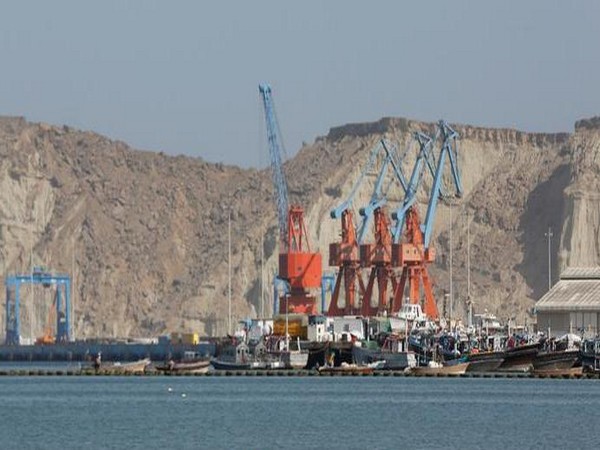Baloch separatists are trying every possible way to halt Beijing’s Belt and Road Initiative (BRI) work as they perceive that China has joined hands with Pakistan security forces in plundering their resources.
Baloch separatists are trying every possible way to halt Beijing’s Belt and Road Initiative (BRI) work as they perceive that China has joined hands with Pakistan security forces in plundering their resources.
Recently, Balochistan Liberation Army attempted to blow up the convoy of Chinese workers but it failed when Pakistan police arrested a suspected female suicide bomber on Monday, Asia Times reported.
Police arrested the woman, suspecting that she is a suicide bomber. The law enforcement officers claimed that she was planning to blow herself up to kill several Chinese nationals working on the flagship project of Beijing’s Belt and Road Initiative.
Last month, three Chinese tutors and their drivers were killed in a suicide operation carried out by a female operative of the Balochistan Liberation Army (BLA) in the Karachi University’s Confucius Center.
Not only this, but in July 2021, a bus carrying Chinese workers in Khyber-Pakhtunkhwa faced an attack, leaving 10 dead and 28 others injured.
“Baloch separatists perceive the Chinese as their enemies, considering them as ‘partners in crime’ with the Pakistan security forces in ‘plundering the Balochistan resources,’ which they want to halt,” Mansur Khan Mahsud, the executive director of the Islamabad-based FATA Research Centre (FRC), an independent think tank said.
“This is precisely the reason that they had warned the Chinese companies several times to leave Balochistan,” he added.
Mahsud further said that now they are using women for suicide attacks to grab the media attention, which served the purpose of the Baloch insurgents as they need to tell the outside world how desperate they are to ‘liberate’ their homeland.
In view of the situation, Chinese leadership seeking an immediate halt to militant activities in regions where their companies are involved in strategic projects under the multibillion-dollar China-Pakistan Economic Corridor (CPEC), according to Asia Times.
Currently, Pakistani authorities are more concerned with the second phase of the CPEC, which revolves around the private sector running the industrial zones and businesses.
The second phase also entails greater participation by Chinese companies, which means more Chinese nationals will be in the country and the risk to their life also increases.

